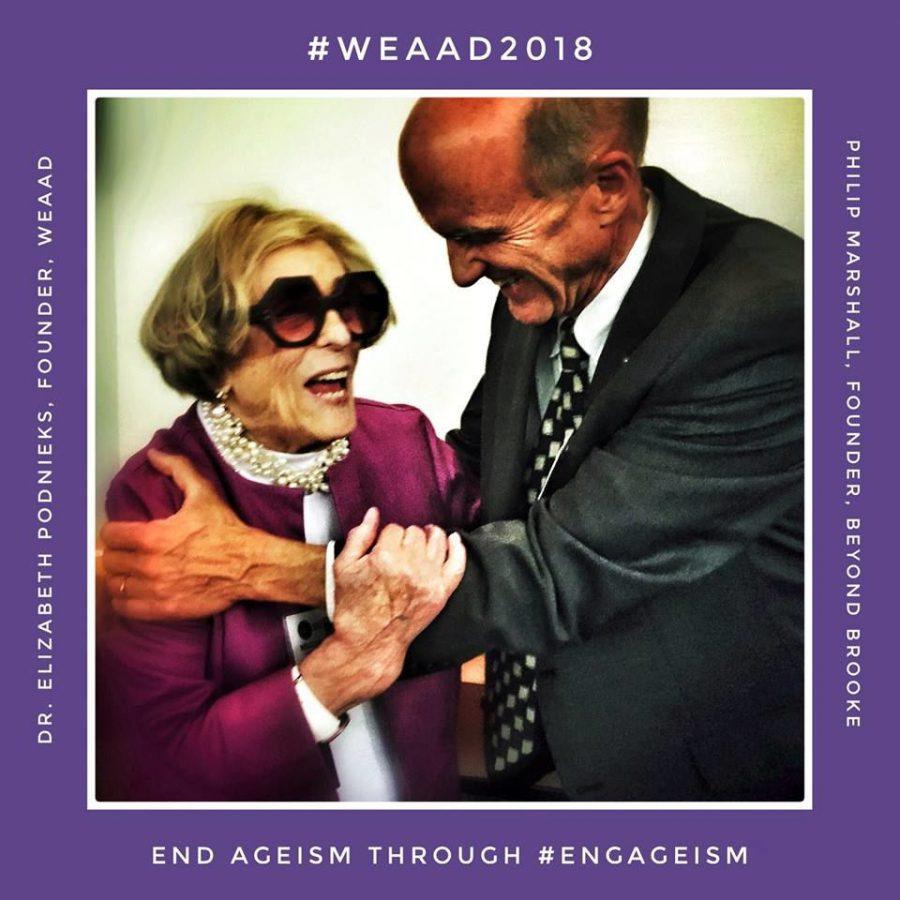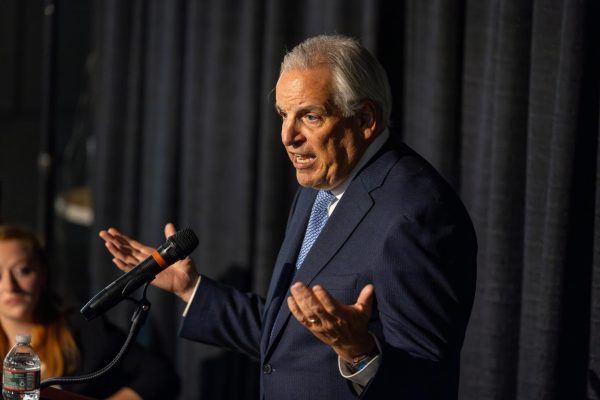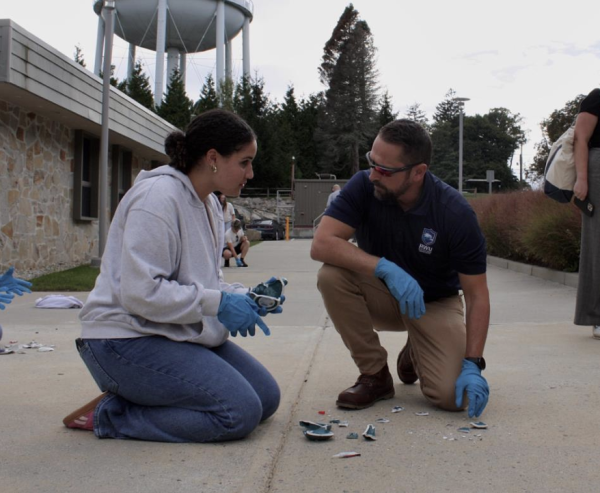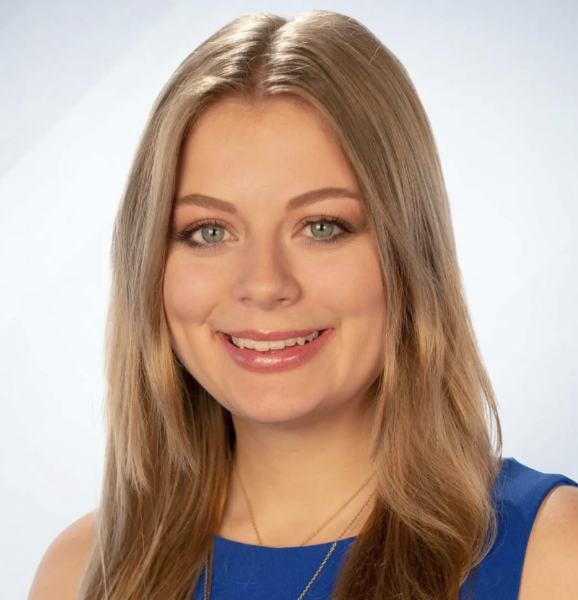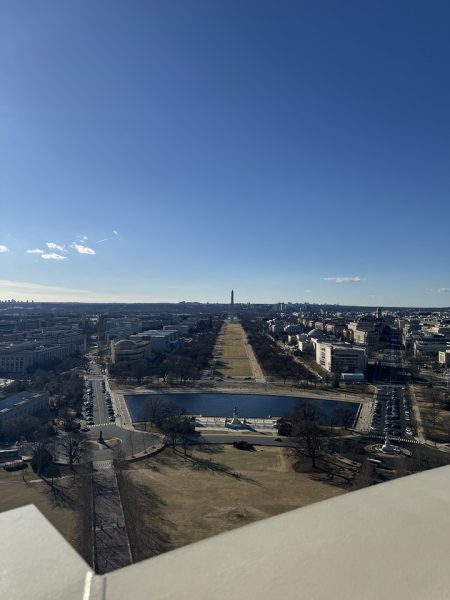Philip Marshall advocates for advocacy: Fighting for justice for the elderly
Advocacy is an important concept in society and advocating for the elderly is a crucial priority, as well. On Thursday, Oct. 11, Professor Emeritus Philip C. Marshall, who formerly taught in the historic preservation program, came back to RWU to speak to Dr. Autumn Quezada-Grant’s CORE 102: Challenges of Democracy class about this subject.
Marshall’s journey started in 2006, when his late grandmother, New York philanthropist Brooke Astor, was a victim of abuse by his own father. His father took advantage of her, and according to Marshall, he “deprived, manipulated, robbed, and isolated her.” After criminal and civil course cases were settled, Marshall started the organization “Beyond Brooke,” (beyondbrooke.org) in 2010, helping the cause of justice and advocacy for the elderly.
As a philanthropist, Astor’s most treasured projects were grants to community organizations. At age 96, she received the Presidential Medal of Freedom from former President Clinton in recognition of her achievements.
During Marshall’s presentation, he reiterated how “any senior is vulnerable” and that “our silence…protects perpetrators.” He emphasized how we need to speak about elder abuse with seniors before it happens as “damage control after the fact is not acceptable.”
Marshall’s talk related directly to the guiding questions of the Core curriculum: Who am I? How can I act? What can I know? But according to Marshall, these are the wrong questions to ask. According to Marshall, it’s not about “me, me, me” but about “realizing our social compact between society and self.” Marshall introduced a new model for engagement and empowerment that he called “upstandership.” It recognizes our personal responsibility to stand up to social injustice — chronic and acute — knowing our community has equal ‘response-ability’ that when we choose to act, our community has our back.” At RWU, we can “hack” upstandership, through small steps every day, by not only knowing, but practicing though a multidisciplinary, intergenerational, community based approach. Marshall cited student involvement in the RWU Community Partnership Center as a great way to practice social justice and empowerment.
Marshall closed his presentation with the statement: “elder abuse is not a ‘family affair,’ nor is it ‘civil.’ It is a crime and needs to be treated as such.” With this in mind, Dr. Quezada-Grant’s CORE 102 class is learning how advocate for issues that each student cares about.

